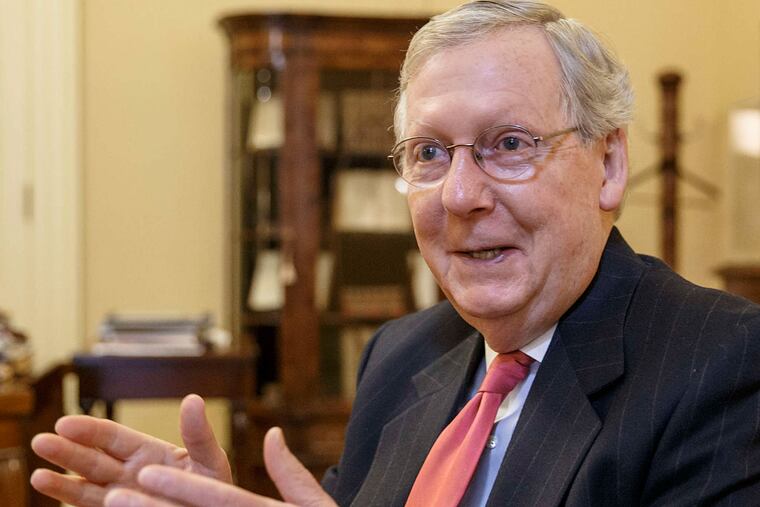American oligarchy
Since the Supreme Court's infamous Citizens United decision in 2010, several hundred million dollars in fingerprints-free contributions have helped elect candidates favored by the superrich and special interests. Safely hidden from the public, these transactions have bought influence without risking blowback from voters.

Since the Supreme Court's infamous Citizens United decision in 2010, several hundred million dollars in fingerprints-free contributions have helped elect candidates favored by the superrich and special interests. Safely hidden from the public, these transactions have bought influence without risking blowback from voters.
The secret money flows through a clandestine pipeline known as "social welfare" groups. A bizarre provision in U.S. law allows these grossly misnamed groups to accept secret donations and use the money to sway elections.
These groups may spend up to half their money on electioneering under a strange definition of "social welfare" that includes bombarding the airwaves with negative political ads. Worse, they have found that they can flout limits on election spending and never get caught.
If snoozing government watchdogs even bother to check whether a rogue group has broken the law, the election is typically long over and the damage done. Sometimes the group has packed up and gone away, leaving no forwarding address.
One notorious example was a shadowy group called the "Commission on Hope, Growth and Opportunity." It sprang up overnight and spent nearly $4 million collected from a single unidentified donor to attack vulnerable House Democrats in the 2010 election. Then it disappeared before the law could catch up.
Should federal oversight agencies dare pursue a case against such groups, the malefactors can be counted on to cry that they are victims of a partisan witch hunt and run to their friends in Congress, who can use their clout to intimidate federal bureaucrats. Net result: The watchdogs find it safer to do nothing.
Thanks to Senate Majority Leader Mitch McConnell (R., Ky.), this anything-goes system isn't going to change anytime soon. He jammed a provision into the recently passed omnibus spending bill that bars any crackdown on illegal electioneering by so-called social-welfare groups.
McConnell also made sure the bill would block another potential election reform: requiring corporations to disclose when they spend investors' money to influence elections. Shareholders should be informed when their money is being used for partisan purposes they may not approve of.
Meanwhile, in arguments this week, the Supreme Court's conservative majority appeared ready to further favor wealthy interests by limiting fees paid to public-sector unions, cutting into a major source of political support on the opposite side of many issues.
Thanks to secret election cash, our representative democracy, based on the principle of "one person, one vote," is looking more and more like an oligarchy in which the superrich can surreptitiously tilt the election scales in their favor.
This sad state of affairs is possible because those who make these insidious rules also benefit from them, and they do so through obscure mechanisms shielded from public view. If McConnell and his allies asked the American people whether they should let millionaires and special interests secretly spend bundles of money to influence elections, we all know what the answer would be.